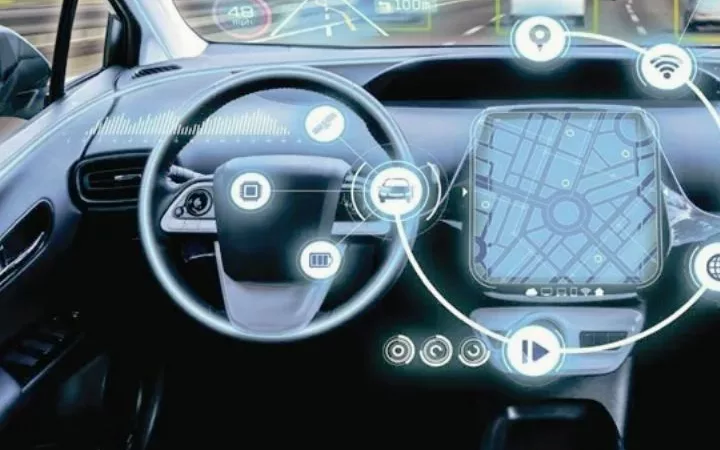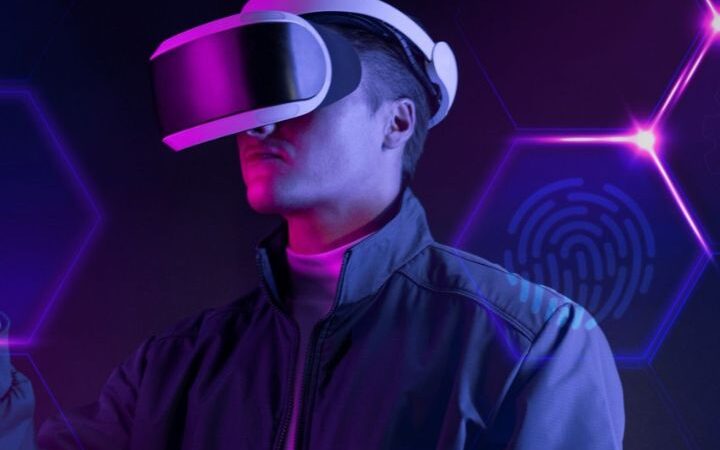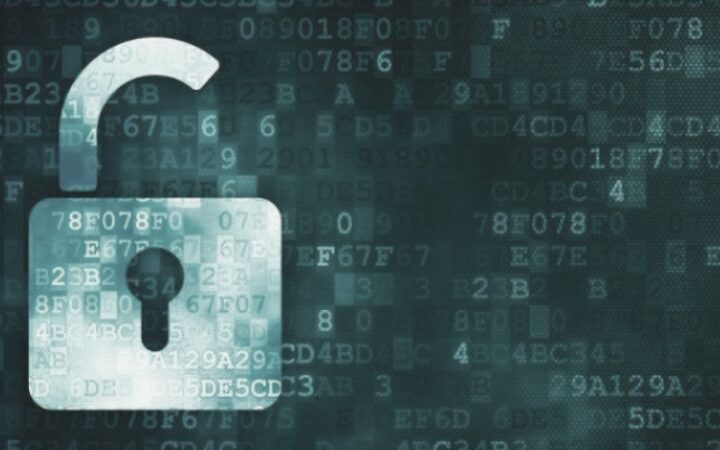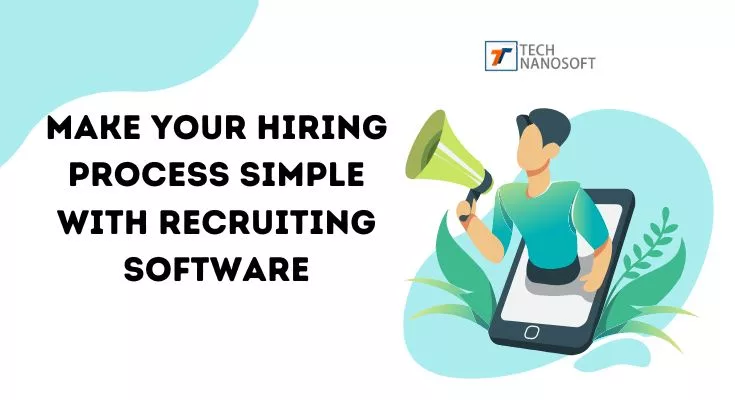The Quantum Computer: Definition, Working And FAQ’s About Them
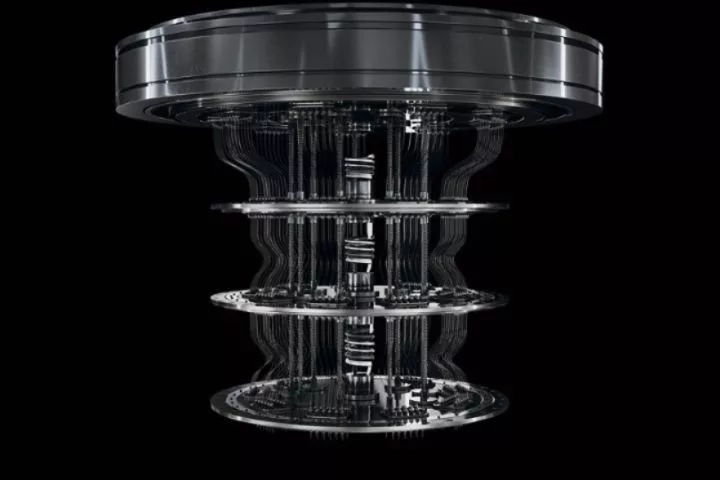
Why is there such hype regarding quantum computers?
The distinction between a quantum computer and a standard home laptop is as huge as that between a supersonic jet and a zeppelin in terms of performance. That’s why high laboratories and firms like Google, Microsoft, and IBM are presently competitors ferociously for the event of the quantum computer.
However, the quantum computer continues to be in its infancy. The concept is already quite old: As so much back because the Nineteen Eighties, physicists were considering whether or not the strange laws of the quantum world – i.e., the globe of the smallest, like electrons, photons, or quarks – may be used for utterly new and intensely powerful computers.
The supercomputer of the future
Quantum computers are speculated to solve issues that even the most important supercomputers have to this point failing. For example, researchers need to use these computers to simulate the interactions of molecules or their potential states, which may lead to breakthroughs in drug development.
Applications from the sector of AI and {also the} process of tremendous knowledge might build an enormous discovery with quantum computers. Sicknesses or the weather may be expected within the long run.
Crack coding and simulate nature
Secret services and also the military also are curious about quantum computers. As a result of they may use them to crack today’s digital coding.
However, a bit like over 0.5 a century ago, once standard computers slowly left the natural philosophy laboratories of that point, we cannot foresee several potential applications of quantum computers these days.
Some physicists even hope to use quantum computers to simulate all processes that occur in nature, together with the creation of the universe, which of life. We tend to ar a protracted means from that with our current capabilities.
Infobox: What are “quanta”?
They give the quantum laptop their name. In physics, the term “quant” describes the littlest possible price of a physical amount. Thus it’s a form of “denomination,” just like the pixels of a digital picture.
A quantum can’t be divided, and it will solely be created or destroyed as a full. Within the world of quanta, some laws contradict our everyday expertise. To date, physicists haven’t understood them.
The most simply thinkable quantum for America is that the quantum of Associate in Nursing nonparticulate radiation, i.e., of light, radio waves or microwaves, etc. it’s referred to as a gauge boson or lightweight particle.
In an exceedingly quantum laptop, the quantum may be a charged atom, i.e., an ion, or a precise quantity of electrons in an exceedingly circular current. Supported the bits in standard computers, this quantum has been named a qubit and is the basic unit of calculation in quantum computers.
Article section: however, will a quantum laptop work?
How will a quantum computer work?
Today’s computers, smartphones, smartwatches, and pocket calculators have one factor in common: they work with bits. A small amount will have two states: either a [1] or a [0]. These two states are diagrammatic within the processors of today’s computers with electricity: “Power on” means that [1] and “Power off” [0].
Qubits rather than bits
Quantum computers, on the opposite hand, work quite otherwise, specifically with “qubits.” this is often nothing over a shortening of “quantum bits.” sort of a bit in an exceedingly traditional laptop, a qubit will either be within the state [1] or [0].
However, it becomes attention-grabbing once the qubit shows its special property that the classic bit doesn’t have: A qubit may be in state [1] Associate in Nursingd [0] at a similar time or in on paper an infinite variety of states in between.
The most effective thanks to perceive this is often with a coin: If it represents a classic bit, it may be placed either head or tails up, that might be a [0] or a [1]. On the opposite hand, a qubit would be a coin thrown within the air that rotates quickly on itself.
With her, you can not say whether or not heads or tails are up, and she is in each state at a similar time. And this ability of the qubit makes the quantum laptop additional economical in principle: For a similar calculation, it desires considerably fewer qubits than today’s laptop bits. This is often created clear by the following example.
Exponential lead because of qubits
A normal laptop will represent the numbers from zero to three with 2 bits. The 2 bits [0,0] end in the quantity zero, with [0,1] the quantity one is supposed. With [1,0] the quantity two and with [1,1] the 3. 2 bits will solely represent one variety at a time in an exceedingly traditional laptop.
On the opposite hand, in an exceedingly quantum laptop, a qubit will assume Associate in Nursing infinite variety of various states at a similar time. The four mixtures of states that represent the numbers zero to three will on paper be diagrammatic by only one qubit and at a similar time.
The quantum laptop is thus considerably quicker. However, the application isn’t prepared at the instant, and only a couple of qubit states may be used.
But notwithstanding, one solely assumes two completely different states that a qubit will occupy at a similar time. Every additional qubit doubles the number of states that may be diagrammatic at a similar time.
This advantage grows exponentially: 3 qubits will already assume eight states at a similar time, three hundred qubits even two to the ability of three hundred = 203703597633448608626844568840937816105146839366593625063614044935438129976333 6706183397376. that’s a wider variety than there are particles within the universe! A task that can’t be done for a traditional laptop. This instance shows the unrealizable advantage that quantum computers have in theory.
Calculating with quicker than constant
The qubits in an exceedingly quantum laptop may also be quantum entangled. Conversationally one would say that they’re connected to 1 another. If a qubit is brought into a particular state, the state of the opposite qubits quantum entangled with it conjointly changes at this moment.
This happens quicker than constant. Since many qubits are quantum entangled with one another, i.e., their state depends on the opposite qubits, the calculation within the quantum laptop may also be performed quicker than lightweight. This is often conjointly a bonus of quantum computers over today’s computers.
This is how qubits are made:
There are completely different ways to generate qubits, and typically charged atoms referred to as ions are latched in magnetic and electrical fields. During this “ion trap,” the ions may be brought into completely different states with microwave radiation and charged with data.
The reading of the results of their calculation is additionally distributed mistreatment microwave radiation. Every single particle within the lure could be a qubit.
But there are also alternative ways of generating qubits: for example, Google works with quantum chips on that weak currents flow in an exceedingly circle within the tiniest of areas. Sort of a single wave traveling in an exceedingly circular wave tunnel.
Every circular current represents a qubit and, like ions, may be brought into completely different states with microwave radiation and skim out once more. Alternative researchers are also experimenting with photons, i.e., lightweight particles, as a physical conversion of qubits.
Does it all sound crazy? It’s.
It took physicists a lengthy time to urge accustomed to the strange laws of the quantum world that contradict our everyday expertise. However, mastering physics already has several sensible uses, from star cells to fiber-optic networks and lasers to hospital tomography scans.
Thus it’s potential to use the quanta. Currently, physicists hope to be able to use their unique properties for quantum computers similarly.
Article Section: Why Is It thus troublesome to create a Quantum Computer?
Why is it thus troublesome to create a quantum computer?
Regardless of the strategy accustomed to producing qubits, the researchers are invariably round-faced with major technical challenges. A basic problem: movement. once particles have precise energy, they start to maneuver, to wiggle around. A principle that we all know as heat. However, to be able to manipulate and capture them, they need to be immobilized.
The researchers thus have to be compelled to cool the chips on that the particle traps or current currents are applied nearly to temperature, which is outlined as zero Kelvin. That’s rock bottom potential temperature, in astronomer -273.15 degrees.
The quantum chips approach it at intervals a couple of thousandths of a degree. It takes days for a quantum chip to achieve it is in operation temperature from temperature. This needs advanced and enormous cooling machines. That alone makes it clear why there’ll be no quantum chips in smartphones anytime before long.
Qubits are extraordinarily sensitive.
Then the researchers struggle with the fact that the qubits don’t seem to be stable. Each smallest disturbance destroys its quantum state so that they have to be compelled to be protected against vibrations, magnetic and electrical fields, and every one alternative potential external influences.
However, notwithstanding however well the researchers and engineers manage the shielding, qubits solely stay stable for a fraction of a second. The calculations should thus be completed at intervals at this point.
To create very powerful and sensible quantum computers, the researchers have to be compelled to increase the number of qubits that employment along and at a similar time scale back their status to errors. This is often the sole thanks to ending the calculations quickly before the qubits are out of management.
Quantum computers are still troublesome to program.
Since quantum computers work in keeping with utterly completely different laws than our computers these days, programming has got to be utterly reinvented. In quantum computers, a basic property of physics comes into play: blurring.
Only a qubit has been exactly measured, will or not; it’s allotted to precisely one state. Before that, his condition is simply a likelihood. Thus you do not recognize what the qubit is doing. If you examine it, you get just one answer: the results of several calculations happening at a similar time.
You can roughly compare this to a cup with dice: As long because the dice box is jolted, the dice in it keep bumping into one another and against the wall of the cup. However, from the surface, one doesn’t recognize what state they’re in at any given moment.
Only you switch the dice-box, and the dice stay on the surface, are you able to “read out” the results of the numbers. They were once rolling the dice, the dice influence {each other|one Associate in Nursingother} in an uncontrolled manner, the result’s random.
On the opposite hand, with the quantum laptop, the art is to trigger the numerous qubits with their interactions in such the simplest way that a purposeful result’s browsed out within the finish instead of a random one.
Article section: once can quantum computers be practical?
When can quantum computers become practical?
This year, for the primary time, Google performed a calculation with a quantum laptop with fifty-three qubits abundant quicker than would be potential on classic supercomputers. Several thus speak euphorically of a historical moment and compare this performance with the Wright brothers’ 1st flight.
Some researchers are a touch additional reluctant due to the calculation that the Google quantum laptop performed has no use. It had been chosen so it may be distributed significantly well by quantum computers.
Simple “quantum computers” have been around for over twenty years.
The first quantum computers with simply a couple of qubits existed as early because the Nineteen Nineties. In 2001, a 7-qubit quantum laptop from IBM was able to break down the quantity fifteen into its factors three and five.
In 2017 a scientist at the University of metropolis developed the 1st game on a quantum laptop, specifically “Scissors, Rock, Paper” and shortly later a short version of “sink ships.”
Quantum computers like today’s computers may be freely programmed to resolve varied tasks, which don’t seem to be expected by the researchers till around 2030 at the earliest. Some consultants assume that one hundred qubits would be enough to resolve the primary straightforward, sensible issues.
The next realistic step: the mix of classical computers with quantum computers
Until there square measure freely programmable quantum computers, quantum computers should be customized for special issues and matched with typical ones. The quantum laptop then carries out the calculations to completely exploit its strengths, and also, the classic laptop will everything else.
The Canadian company D-Wave has been building such mixed computers for a bit over ten years. They’re currently the same to contain up to 2048 qubits. However, these aren’t versatile systems that aren’t freely programmable.
They’re primarily tested for varied optimization ways. With this technique, VW needs to check navigation systems. As an example, with that one ought to be ready to avoid traffic jams higher than before.
Article Section: can Quantum Computers Replace All different Computers?
Will quantum computers replace all different computers?
As long as quantum computers got to be laboriously cooled right down to absolute zero, they’re a lot of doubtless to be a reception in laboratories or information centers.
However, even as very little because the fast development of engineering was predicted within the Nineteen Fifties, even as very little will we tend to make sure concerning the longer term of quantum computers nowadays.
In keeping with our current level of data, however, we will most likely not use them for daily tasks like data processing or taking part in videos for the nonce. Classic computers will do that higher and, above all, with considerably less effort.
Quantum computers can most likely initial work on tasks that classically structured supercomputers fail. Whether or not they can {one day|at some point|in the future or later some unspecified time within the future,} fully suppress them or can complement one another in the future

